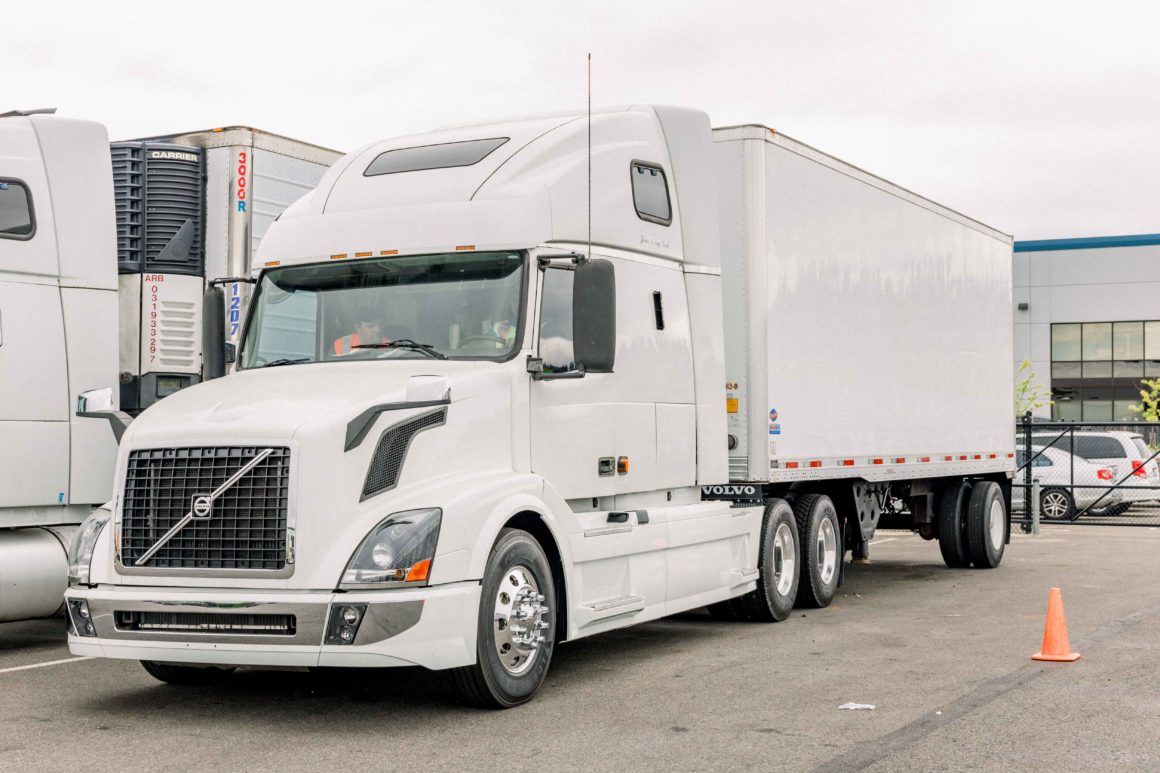
So you want to be a truck driver and you need to figure out how and where to get your CDL A license. What factors are important when you are choosing a truck driving school? Let’s take a look.
Factors to Consider
Your CDL training in Tacoma is a critical step for your future. Choosing the right place for you to acquire this training is one of the biggest decisions you will make on your way to a career as an over the road truck driver. So what are your considerations?
- 1. Location
How important is the location? That depends on you, but you might have to move to find the right school. If you live in a rural area it might be harder and you might have to move to the city. Or you may only have one school nearby to choose. Most cities have numerous truck driving schools. Under those circumstances, if you only have one choice you might have to either move or make a long commute daily. If you keep your day job then you would have to commute every night. Consider how this will impact your learning abilities.
- 2. Curriculum/Instructors
Who are the instructors and what is the ratio of instructors to students? This information will tell you a lot about the school.
- Are the instructors management personnel or professional trainers who have never lived the OTR life? This would not be your best choice. Instructors should be current or former truck drivers with life experience in the field and not just head knowledge of the rig and driving. You want to learn from someone with hands-on experience and preferably years of it. Before you decide on a school ask to speak to the instructors.
- The typical student to instructor ratio is 1-4. Obviously, anything lower is better, but you learn when others in your group are taking their turn in the truck. Anything above a 1-4 ratio, however, is not acceptable.
- The curriculum should last at least 4 weeks with 3 weeks of hands-on experience. You can’t get a CDL in a week and be an accomplished and safe driver. There should be at least 160 hours of instruction and 200 hours is best. With both classroom and driving instructions at the end of the time, you should be able to drive, turn around, back up, manage logs, read maps and GPS, and understand federal, state regulations and rules of the road. You need actual BTW drive time as well as the simulator. At a good school, you will get at least 27 hours behind the wheel. Observation time in the cab watching another driver is equally valuable.
- 3. Type of School
You can go to a private school or a school-owned or sponsored by a truck company. A private school should have someone to assist you in getting any financial aid you are eligible for – grants, scholarships, loans. The trucking company schools will have your tuition paid for by the company but you will have to work for that company when you are finished with school.
- Licensed – states license schools that meet their requirements for staffing, training, facilities, and curriculum.
- Certified – Licensed by the state, inspected by valid third party and graduates pass US DOT standards for the industry.
- Accredited – Meets standards set by the accrediting agency.
- Unaccredited – does not have to meet any standards.
- 4. Cost and Finances
When you factor cost and look at your finances keep in mind several things. In addition to the cost of the school – factor in the cost of your commute, parking permits, gasoline for a 5 day a week 4-week commute and any additional supplies you might need like pads, pens, etc. You will also have to pay for the DOT required physical and drug testing.
If you go to school-sponsored by a truck company you will have a contract to work for them for a certain period of time, as they are paying for your schooling. Be sure that you can live on the salary they will pay you when you are licensed.
- 5. Reputation/Web Site
What kind of reputation does the school have? What kind of reviews and testimonials can you find? If they have a website what is it like. The website is a window to the school. Is it clean and concise or is it messy? Is navigation easy and straight forward or the whole thing messy and hard to follow.
- 6. Job Placement
At private schools, you won’t walk into a job when you are finished as you will at a trucking school in Tacoma. So you need to know how good the placement office is at that school. What is their placement rate? Do they guarantee placement? Be sure you know.
Take your time, look everything over and then you will be able to make the best possible choice for now and for your future career.